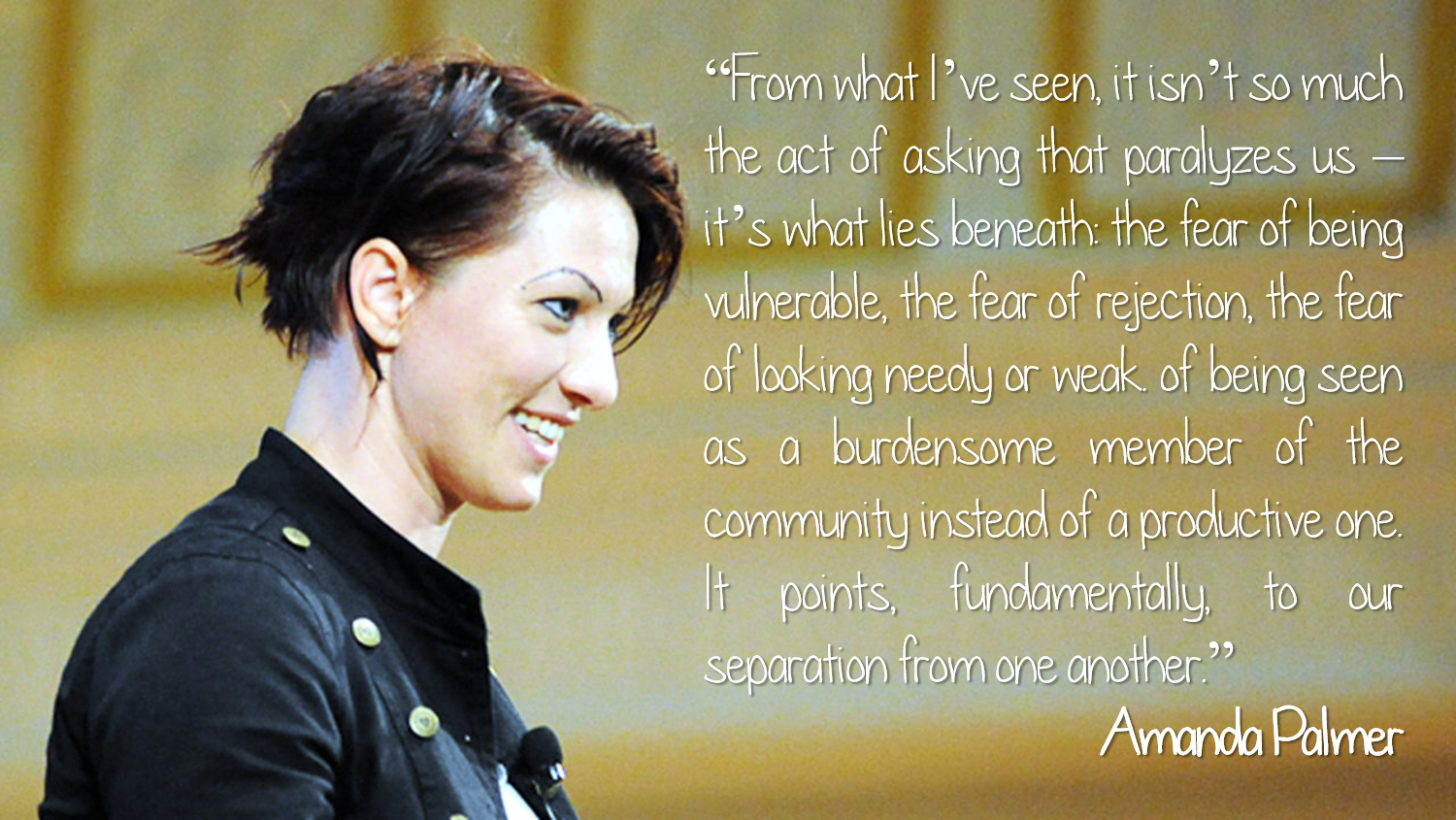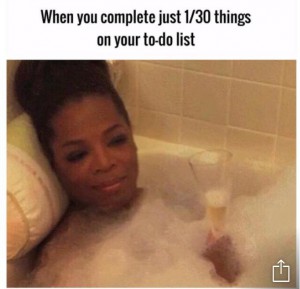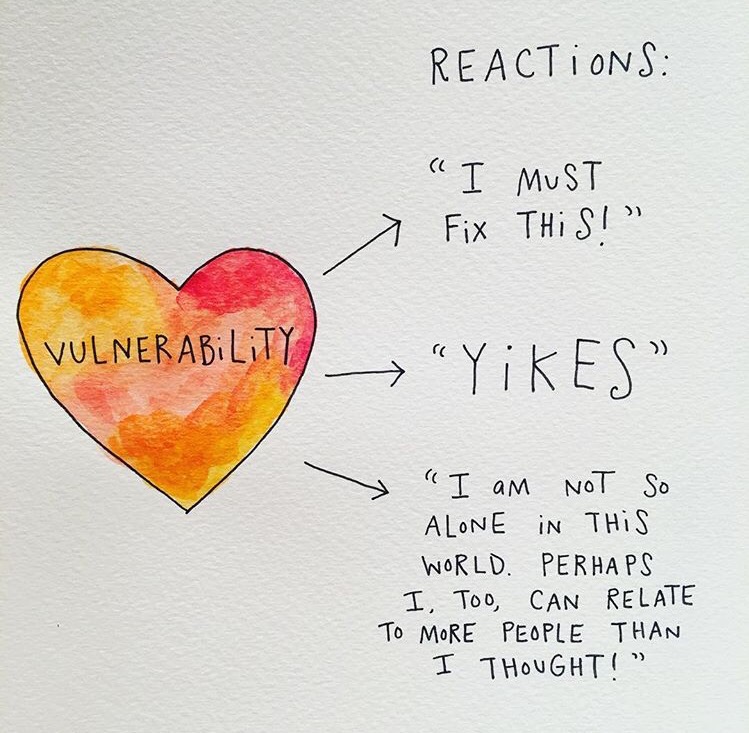
Have you ever been on the receiving end of the universally-hated interview question? You know the one: what would you say is your greatest weakness? We all react the same way: a bit of internalized dread and then we chance it. We’ll either embrace the cliché and turn a weakness into a strength (“I’m such a perfectionist, you have no idea”), we’ll lie and bring up a meaningless weakness (“I just cannot resist a piece of cheese!”) or we’ll summon our courage and share one of our greatest vulnerabilities to a complete stranger. It’s incredibly hard to do, but what we should remember is that, for any interviewing business worth its salt, the honest and most human admission of weakness should be the very thing that earns you the job.
We in our Western world inhabit a society that treats human weakness as shameful. The world raises us with this belief, from the unachievable beauty standards in our magazines, the education system demanding the highest test scores, to the stern boss shaking his head at your employee performance review. Our society bombards us every day with advertisements and expectations, all wanting us to feel better, look nicer, and achieve more! Have you ever seen a poster on the back of the bus saying “Embrace your inner cynic!” or “You have anger issues, and that’s okay,” ?
If the world around us isn’t giving us a break, how are we supposed to give ourselves one?
“To be human is to stand up and claim your weakness. If you do that, others around you will feel compassion and empathy […], and that’s how the world will recover from its diseases of greed and narcissism.”
— Ruby Wax, A Mindfulness Guide for the Frazzled
Society may not be the best at showing us how to accept and deal with our weaknesses, but it is learning. The human weaknesses that were once silenced and shamed are becoming more and more acknowledged in our culture, and it’s all happening because people are saying, “I’m not perfect, and it’s not a problem”.
To give an example, I’m going to bring up the usage of memes. For older generations who may be confused by this term, a meme is defined as “an image, video, piece of text, etc., typically humorous in nature, that is copied and spread rapidly by Internet users, often with slight variations”. Memes are everywhere on the internet, are completely relateable by nature, and are usually an amazing source in the world.
So I, as a tech-obsessed Millennial, will be scrolling through my Facebook feed because that’s what I do, and I’ll stumble across something like this.

It’s not artwork, it’s not particularly profound, but it makes me laugh because it’s true. Someone out there in the world made this piece of imagery to share with the world the fact that they’re sometimes lazy, and they’ve done it in a completely shameless and comical way. And what’s even better, is that I’ll notice at the bottom of the image that it has been liked and shared thousands of times, with people from all walks of life happily commenting, “hahahaha this is so me!”
The world is waking up to the idea of embracing our weaknesses, and do you know what we’re finding? Other people are exactly the same, and these other people will not judge you for it, they will relate to you because of it. Accepting our fears, our demons, will not only help us feel freer and happier, but it will make our compassion grow, it will fuel our relationships with people in every aspects of our lives. Work, friends, family, all relationships are better off when we love ourselves and the people around us for being the humans they are.

